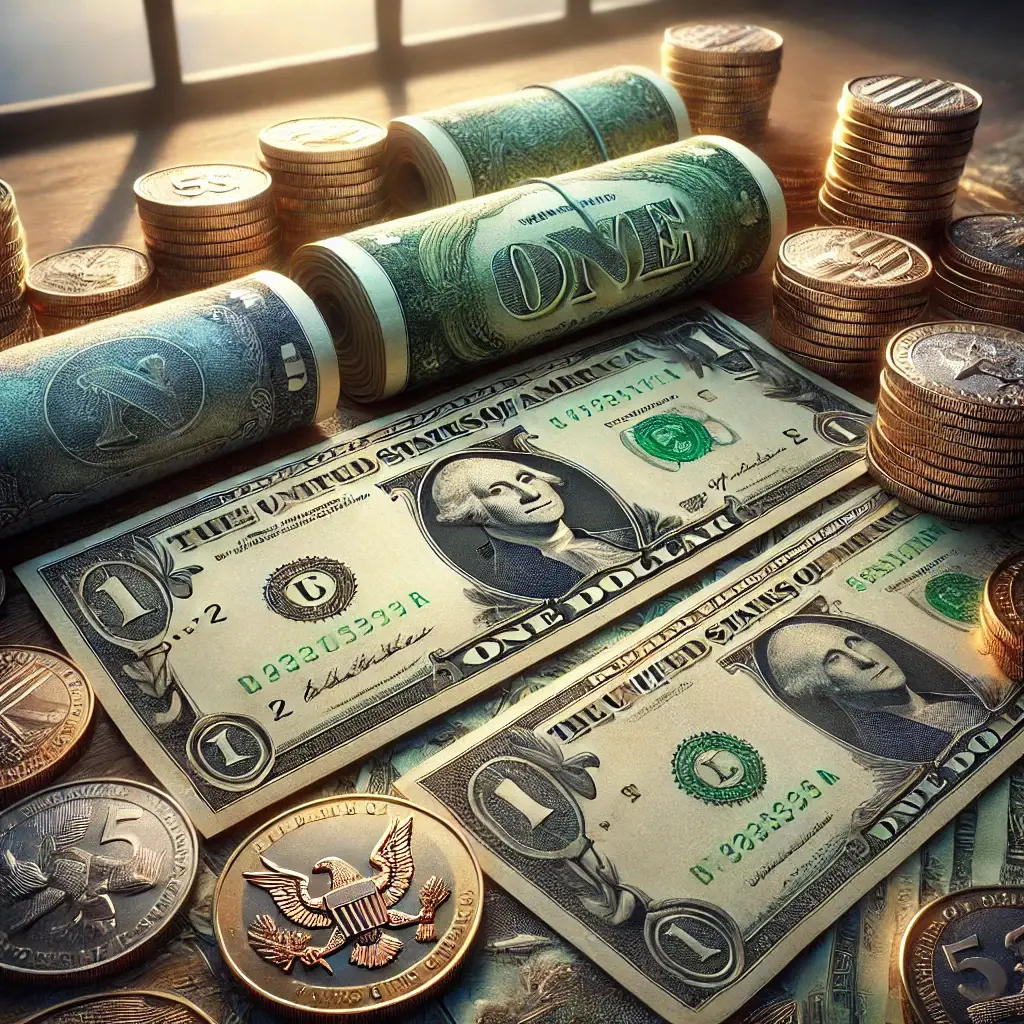Currency
What Is Currency?
Currency is money used as a medium of exchange for goods and services. It can come in different forms, such as coins, paper bills, or digital money. For example, U.S. dollars, euros, and yen are all types of currency. People use it because it’s easier than trading goods directly, like bartering. This form of payment helps simplify trade and makes it possible to buy what you need.
Why Currency Matters
Currency plays a big role in making economies work. It allows people to buy and sell things without needing to trade specific goods. For example, instead of trading apples for bread, you can buy bread with money. This flexibility makes trade faster and easier. Without currency, modern economies couldn’t function as they do today.
Different Types of Currency
Currency can be physical, like coins and paper bills, or digital, like credit cards and online payments. Some countries use their own unique currencies, like the British pound, while others, like those in the eurozone, share a common currency. Cryptocurrency, like Bitcoin, is a newer type of digital money. These forms of payment show how money has evolved over time.
The Value of Money
The value of currency depends on what people believe it’s worth. For example, a $20 bill has value because you can use it to buy things. However, its value can change over time due to inflation or exchange rates. Keeping a stable value is important for a currency to remain useful.
How Currency Simplifies Trade
Before currency, people used bartering to trade goods. However, this system was difficult because it required both parties to want what the other offered. Currency solves this problem by providing a standard way to measure value. For example, instead of trading a chicken for wheat, you can sell the chicken for money and use it to buy whatever you need.
The History of Money
Currency has a long history. Ancient civilizations used items like shells, gold, or salt as money. Over time, coins and paper money replaced these items because they were easier to carry and use. Today, most transactions happen electronically, showing how currency keeps evolving to meet society’s needs.
Banks and Currency
Banks play an important role in managing currency. They store money safely, allow people to make withdrawals, and offer loans. For example, if you want to buy a car, you can borrow money from a bank and pay it back over time. Banks also print and regulate currency to keep the economy stable.
Currency Exchange
When people travel to other countries, they often need to exchange their currency for the local one. For example, someone traveling from the U.S. to Japan would exchange dollars for yen. The value of currencies changes daily based on supply and demand. This system allows people to trade across borders.
How Inflation Affects Currency
Inflation happens when prices go up, which can make currency lose its buying power. For example, if bread costs $1 today but $2 next year, your money doesn’t go as far. Governments try to control inflation to keep the economy stable. Managing inflation ensures currency stays useful over time.
The Future of Currency
Technology is shaping the future of currency. Digital payments, mobile wallets, and cryptocurrencies are becoming more common. For example, apps like PayPal and Venmo let people send money instantly without using cash. These innovations make currency more accessible and convenient, changing how people manage their money.
